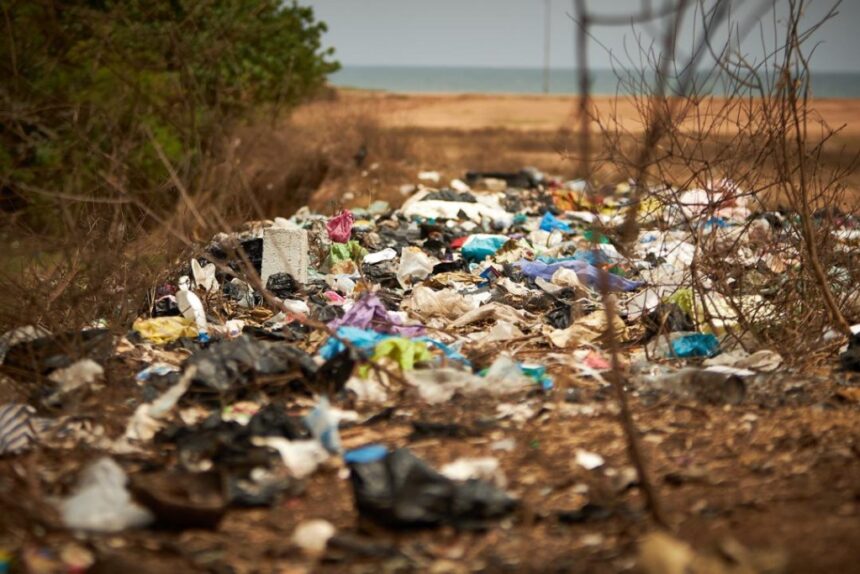Ghana is facing a mounting sanitation crisis that is threatening the health and well-being of its citizens. In response to this pressing issue, the Minister for Local Government, Chieftaincy, and Religious Affairs, Ahmed Ibrahim, has proposed the introduction of a Sanitation Fund and Levy to address waste management challenges across the country.
Mr. Ibrahim emphasized the need for a sustainable financial solution, noting that insufficient funding is a major roadblock to solving Ghana’s sanitation problems. The proposed levy, which will be up for discussion in Parliament, aims to establish a stable source of revenue to combat the country’s deteriorating waste management system.
A report by the World Bank in 2023 revealed that only 21 percent of Ghanaians have access to improved sanitation facilities, leading to over 17,000 deaths annually due to poor sanitation and hygiene practices. Ghana produces approximately 1.1 million metric tons of plastic waste each year, with only 5 percent being properly recycled, according to the Ghana Plastic Action Partnership. The accumulation of unmanaged waste contributes to environmental pollution, including blocked drains, flooding, and health risks.
The implementation of the sanitation levy could greatly enhance waste collection services, promote public cleanliness initiatives, and upgrade sanitation infrastructure in Ghana. The government aims to replicate successful sanitation models from countries like Rwanda, where strict policies and financial commitments have led to a 90 percent waste collection rate in the capital city of Kigali.
By addressing the sanitation crisis through dedicated funding and initiatives, Ghana can work towards a cleaner and healthier environment for its citizens. The proposed Sanitation Fund and Levy offer a promising solution to tackle waste management challenges and improve overall public health in the country.








